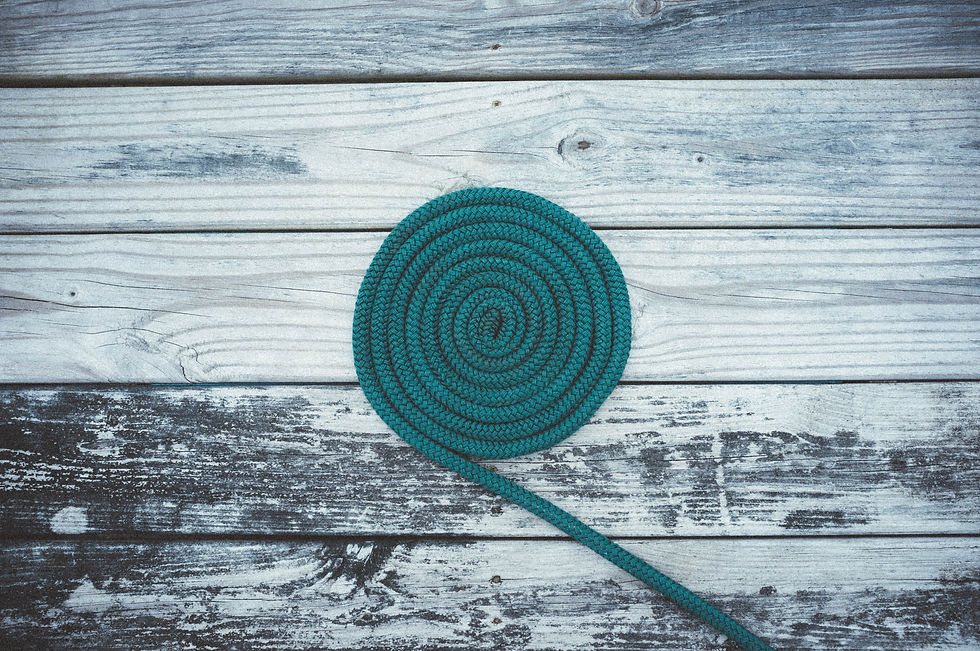On returning to Center After an Intense Experience
- Dan

- Mar 1, 2020
- 3 min read
Updated: Mar 10, 2020
Advice on how to recover from and start to process emergency situations
Question
"How can people working in a crisis situation--for instance in an emergency department--come down from the adrenaline that can last after the situation has passed? I was briefly a volunteer community liaison officer for my local fire brigade when a bushfire was at a great risk of impacting my community--I really enjoyed the two days I was in this role and it reaffirmed my desire to work in crisis situations--however, particularly after the first day I found it hard to come down from that adrenaline that night after finishing. It was a weird shift returning to normality after an intense situation. Any insight?"
-- From CMD, Australia
Responses
Andrew Eyre, MD MS (Episode 11)
This is a wonderful and really interesting question. Often after an intense experience, it can be quite challenging to return to baseline and quiet one's mind. However, in many ways, this is a skill that can be learned. By necessity, individuals who work in intense and high stakes and busy environments must learn to get back to normal and re-focus their energy on the next task.
In a field like Emergency Medicine, there's almost always another patient to be seen or a patient who has been waiting while you were dealing with the intense, dramatic, or complex situation. They deserve to be cared for with the same focus and attention to detail. Thus, providers often learn how to task-switch and move to the next task fairly quickly.
Another aspect of this is simply an issue of experience. An event that feels quite intense or exciting the first time you experience it might begin to feel more routine as you gain exposure and experience. For example, my first few calls on an ambulance were really exhilarating, just as my first few trauma responses or intubations were really exciting. With time and repeated exposure, the rare becomes more common and the emotional responses are less drastic.
That said, there will always be events that are exceptionally intense, rare, or thought provoking. After these moments, it can be really difficult to "turn off your mind" and stop processing. Sometimes, I think it is important to take a few minutes to get away and reset before moving on to the next task.
However, what I've found most useful is taking the time to debrief and discuss the event with someone, ideally a colleague or someone who understands these types of stressful events. Often, I'll ask for feedback, discuss the case or share what I think could have been done better, or just commiserate.
By verbalizing and vocalizing my thoughts, I find that it helps to keep me from internalizing the stress, ruminating or letting my thoughts race in an uncontrolled fashion.
Lieutenant Commander Andrea Austin, MD (Episode 03)
With increased experience, you have less swings, i.e. feeling the adrenaline rushing. You're also able to re-calibrate more quickly. For us in emergency medicine, it is not uncommon to have a very intense situation and sometimes have to move into another situation very little time to process, often only time for a deep breath.
The techniques we've discussed on the podcast including tactical breathing, embracing the difficulty of the situation, and finding time to debrief later are all important. Learning these techniques early on will help you get to a better steady state earlier, rather than relying on experience alone.
In emergency medicine, we often can't immediately debrief and/or process an event. I have found it is crucial to have a way to find the time. We have a lot of pride in emergency medicine that we can handle everything, I've learned that I need to talk about the hard stuff with both colleagues, but also sometimes non-medical people. Some of the warmest and most caring responses that have helped me process an event have come from my non-healthcare friends, as they are really able to say, "Wow. That is so messed up and sad. You are so strong for getting through that."
Also, post shift I watch mindless TV. I know this doesn't sound profound. I have found shutting my brain off for 20-30 minutes helps me relax.


Comments